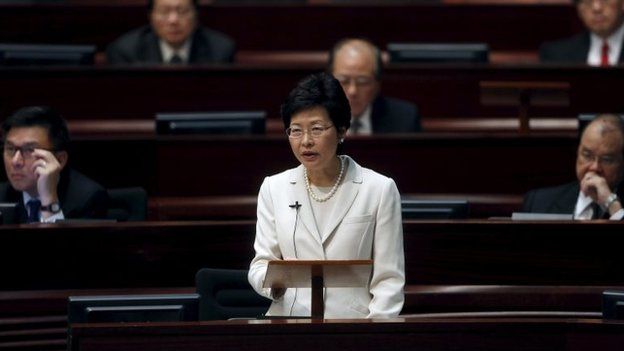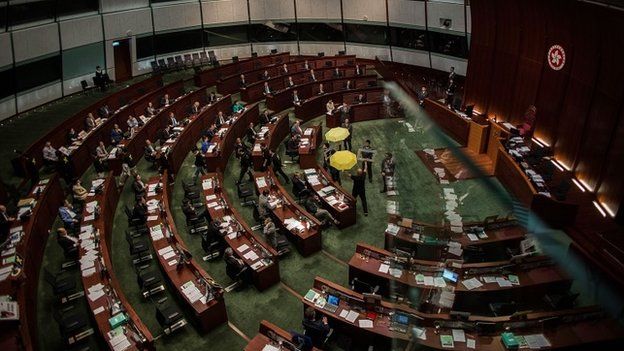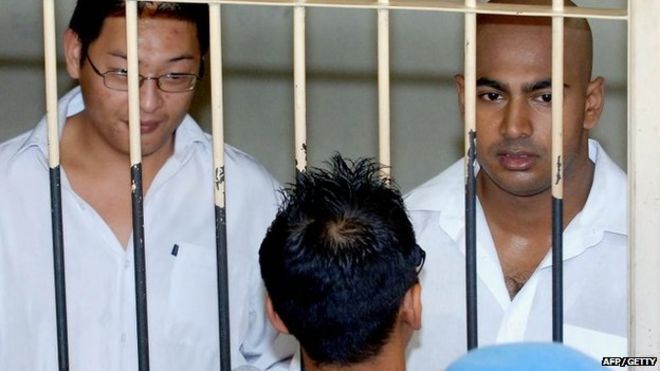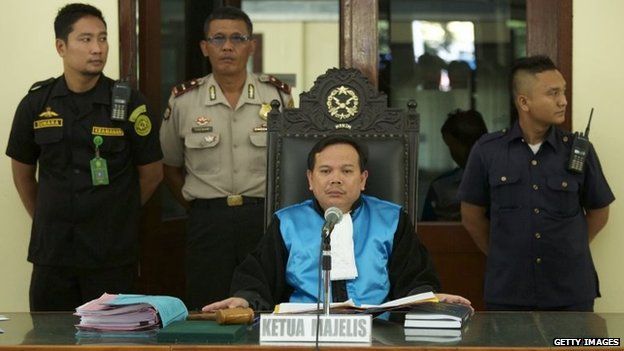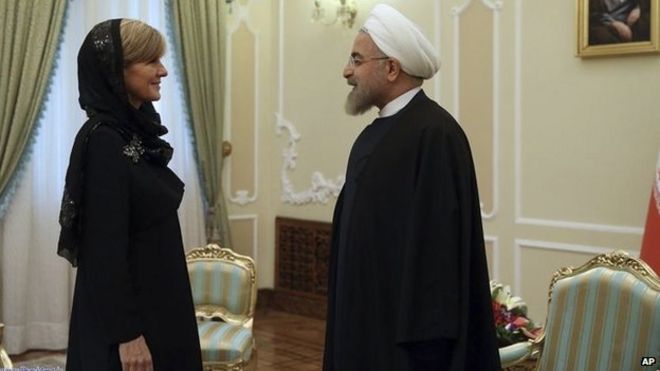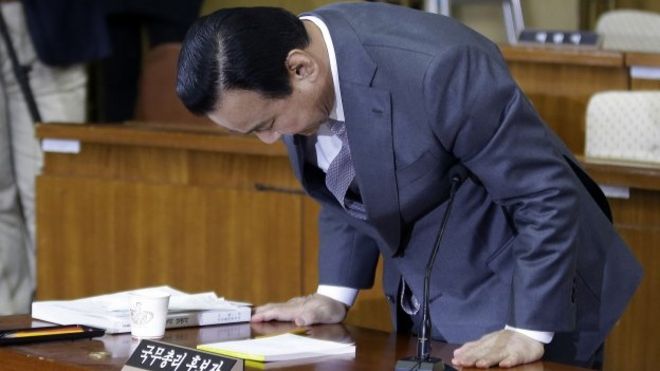
Sometimes things just don't run right for politicians.
Lee Wan-koo only became prime minister of South Korea in February after a tough parliamentary fight for confirmation, during which a recording of him surfaced in which he boasted of his ability to suppress bad press coverage.
The recording of how he could soften bad news became... bad news.
And then, two months into the job, a construction tycoon, Sung Wan-jong,apparently killed himself amid swirling allegations of corruption.
Mr Sung left a suicide note - a suicide accusation, would be more accurate - in which he named those whom he claimed had taken his tainted money.
The South Korean prime minister's name was on that list.
The resignation came shortly after the prime minister had declared an "all-out war" on corruption, saying the government would mobilise all its resources to root it out.
Mr Lee initially showed no sign of vacating his seat, denying the allegations - and then after a weekend of feverish speculation - he offered his resignation, still denying the allegations.
Damage to president
It should be said that the prime minister is not the most powerful person in the land - that is the president - but the prime minister is her right-hand man.
He recommends ministers and oversees the daily routine of government. He is next in line if she falls in an emergency.
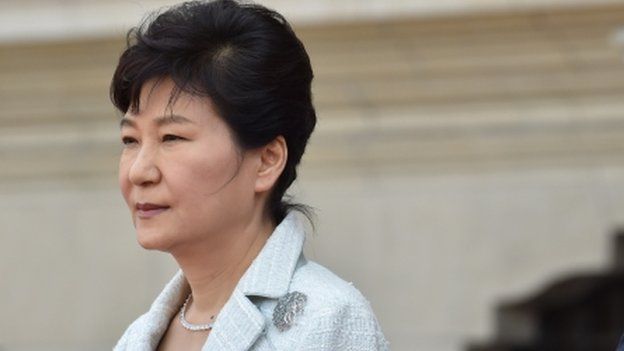
It is as a confidant of President Park Geun-hye that his resignation (should she choose to accept it) causes the damage.
He is in her inner-circle, and so his demise taints her.
She has seemed beleaguered of late, under pressure over demands for an enquiry from the families of children who died when the Sewol ferry sank (and there are some groups that no politician would want to fall foul of, bereaved mothers being one).
The list of names left by the tycoon who killed himself included others close to her in the ruling New Frontier party so whatever the truth (and the allegations have been denied) it creates trouble for her.
Causing trouble
The suicidal tycoon was bent on causing trouble as his death loomed.
Each name on the list had a number alongside it, and the implication inferred by the media is that the figure was the size of the bung.
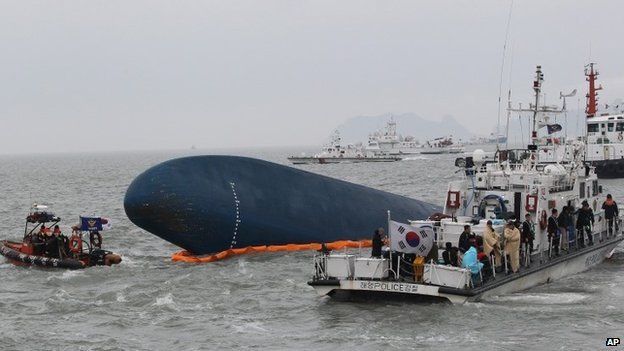
Again, to labour the point, all allegations of corruption in this inner government circle have been denied, and it may or may not just be the final mischief of a cornered man to create trouble for those left.
"If you bring me down, I'll take you with me," seemed to be the unspoken thought.
Prime Minister Lee's alleged figure, by the way, was 30 million Korean Won ($27,000) in cash from the late businessman in 2013, when Mr Lee was running for a parliamentary seat.
The force of the allegations had been heightened because the dead tycoon had taken the trouble to go on the radio shortly before taking his own life and naming the prime minister.
"They're talking about reform and rooting out corruption," Mr Sung said shortly before taking his own life, "but the first to be cracked down on should be someone like Lee Wan-koo".

President Park Geun-hye:
Daughter of Park Chung-hee, the third president of South Korea
Served as South Korea's first lady after her mother was murdered by a North Korean gunman in 1974
First woman to be elected as president in South Korea
First South Korean president to have been born a South Korean citizen
Twice chairwoman of the conservative Grand National Party (GNP)

The president of South Korea looks on from afar. Literally from afar because she was in Peru when her right-hand man announced his intention to resign.
"I feel the agony of the prime minister," she was quoted as saying.
If she accepts the resignation, her own agony might get closer. She would have to find a sixth nominee in scarcely more than two years.
Three people proposed for the job withdrew their candidacies over ethical concerns and Mr Lee's predecessor resigned after the sinking of the Sewol.
Controversial figure
Does this matter outside South Korea? It would if President Park were weakened further.
She is already a controversial figure as the daughter of President Park Chung-hee, the general who took power in a coup and who led the country from 1961 until his assassination in 1979.
Her father was a strongman who also initiated the modernisation of the economy, and she has been accused of overbearing tendencies (though nothing to compare with the toughness of her father's regime).
Politics in this highly important part of the world are changing as China rises and America "pivots towards Asia".
South Korea has been tough in its opposition to North Korea and President Park's opponents would say "too tough".
If she went, they might replace hers with a softer policy for good or ill depending on your point of view.
If the suicide list does end up taking down President Park by dint of association with the names on it, then there will be more uncertainty in already uncertain and dangerous times.

